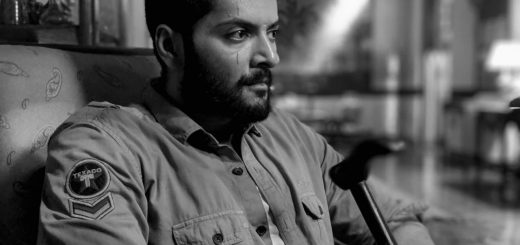‘Songs With Double-Meaning Or No Meaning At All’: Javed Akhtar Regrets Refusing Film With Title — ‘Kuch Kuch Hota Hai’
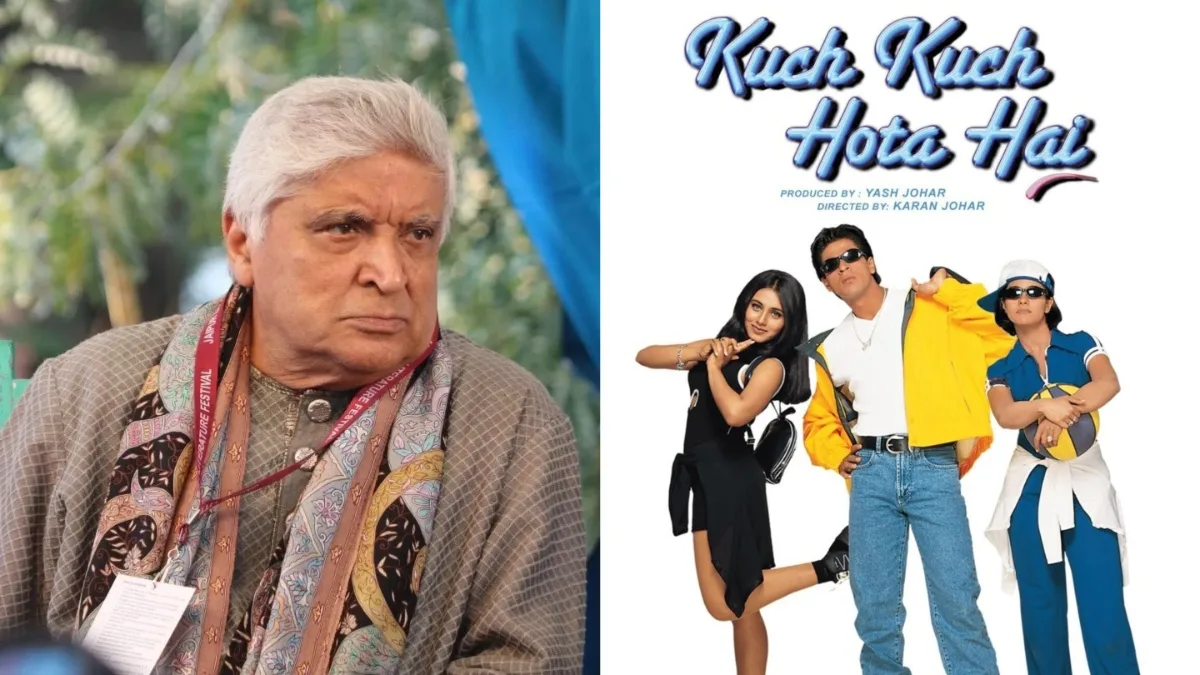
Renowned lyricist Javed Akhtar recently opened up about his decision to decline work on Karan Johar’s iconic debut film, Kuch Kuch Hota Hai, during a conversation on comedian Sapan Verma’s YouTube channel. Akhtar, known for penning some of Hindi cinema’s most memorable songs, admitted he turned down the project due to his disapproval of its title.
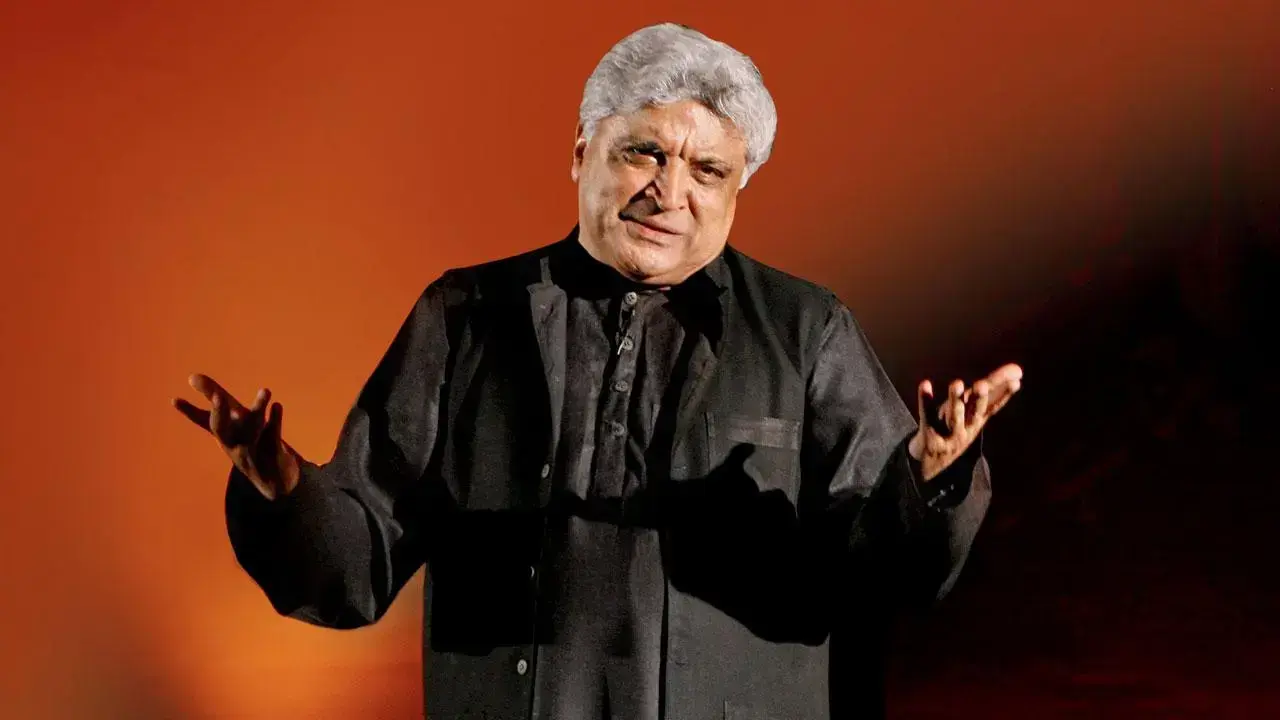
Reflecting on his choice, Akhtar stated, “I consider the ’80s to be the darkest time for Hindi cinema. People were either writing double-meaning songs or songs with no meaning at all. I avoided films that, in any way, had lyrics I found absurd or vulgar.” His strong principles about lyrical integrity ultimately led him to refuse involvement in what would become one of Bollywood’s most successful films. “I had written the first song for it, but when Karan decided on the title, I refused to work on a film with that name. I thought, Kuch Kuch Hota Hai… kya hota hai? I regret it now, but at that time, I refused,” he explained.
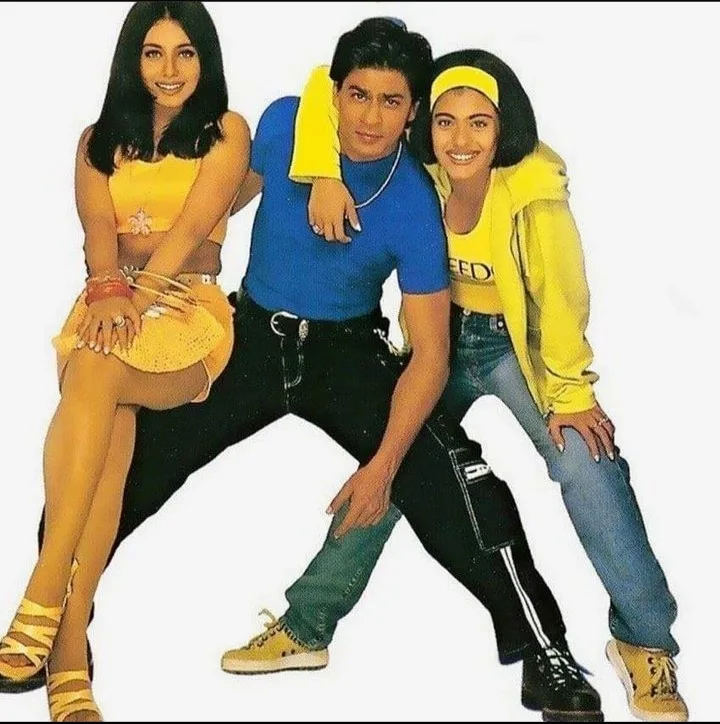
Karan Johar later recounted this episode in a discussion with designer Prabal Gurung on the Gold House YouTube channel. He revealed that Akhtar expressed his concerns about the title and felt he couldn’t contribute meaningfully to the film’s music. “It was a very amicable conversation,” Karan noted. “I told him I desired to work with him, but he decided it wasn’t the right fit at that moment.” Despite their initial disagreement, Karan mentioned that Akhtar later admitted he had misjudged the project. “When the film was released, he called me and told me that he was wrong.”
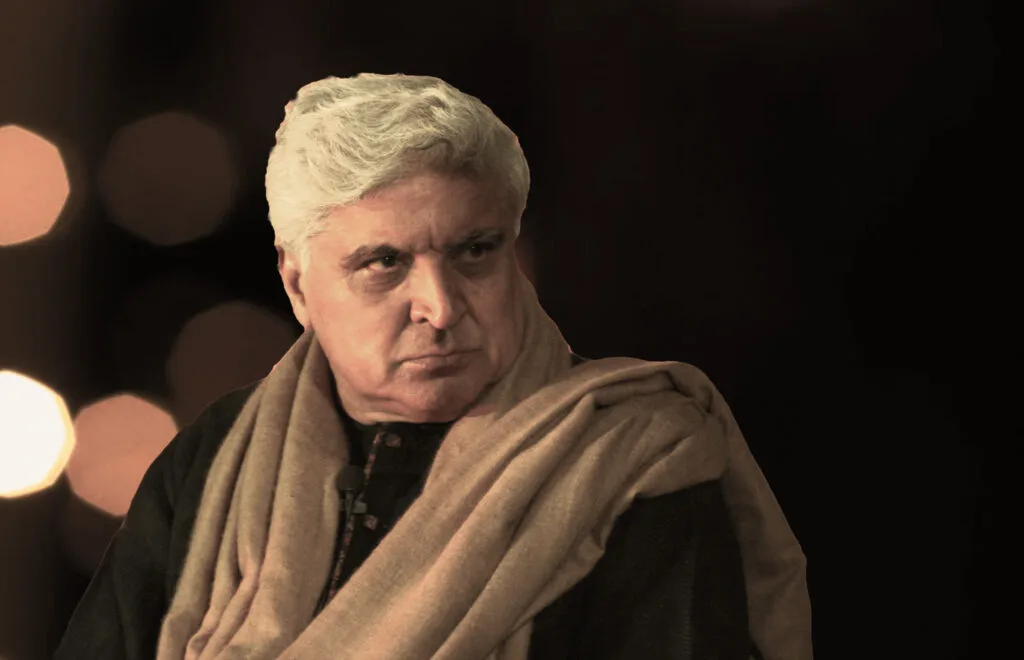
Kuch Kuch Hota Hai was released in 1998 and quickly became a massive box-office hit, establishing itself as a classic in Hindi cinema. The film, featuring stars Shah Rukh Khan, Kajol, and Rani Mukerji, also boasted a highly successful soundtrack, selling an impressive eight million copies in India and becoming the best-selling Bollywood album of the year. Though Akhtar and Johar did not collaborate on this film, they eventually joined forces for the 2003 release, Kal Ho Naa Ho, demonstrating that creative disagreements can sometimes pave the way for future partnerships.
